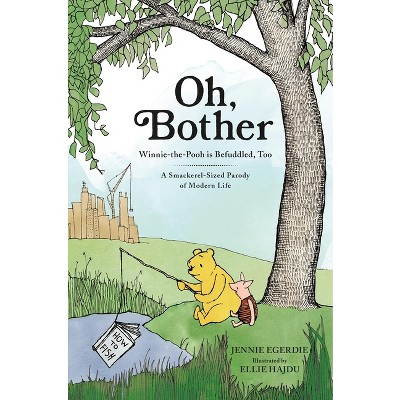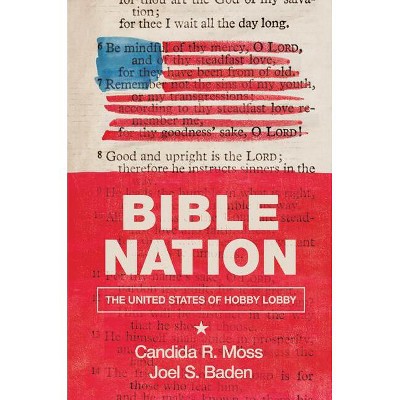Sponsored

The Vision of a Nation - by G Schaffer
In Stock
Sponsored
About this item
Highlights
- Telling the stories behind television's approaches to race relations, multiculturalism and immigration in the 'Golden Age' of British television, the book focuses on the 1960s and 1970s and argues that the makers of television worked tirelessly to shape multiculturalism and undermine racist extremism.
- About the Author: Gavin Schaffer is Professor of Modern History at the University of Birmingham, UK.
- 299 Pages
- Performing Arts, Television
Description
About the Book
This book tells the stories behind television's approaches to race relations, multiculturalism and immigration in the 'Golden Age' of British television. Focusing on the 1960s and 1970s, it argues that the makers of television worked tirelessly to shape multiculturalism and undermine racist extremism, believing that the media had a responsibility to mould the nation's vision of itself. Looking at both popular fiction, non-fiction, and programmes for immigrants, Schaffer probes the impact of genre on television's approaches to race relations and multiculturalism, arguing that different conventions, restrictions and aims, ensured radically different impacts. At its core, this book considers the politics, principles and prejudices behind television's interventions on race relations, and probes the impacts of programmes on British audiences as well as the relationship between the makers of television and British politicians, activists and audiences. Ultimately, the book argues that television's approach to race relations was highly influential, and has done much to shape the evolution and self-images of multicultural Britain.Book Synopsis
Telling the stories behind television's approaches to race relations, multiculturalism and immigration in the 'Golden Age' of British television, the book focuses on the 1960s and 1970s and argues that the makers of television worked tirelessly to shape multiculturalism and undermine racist extremism.Review Quotes
"Schaffer's training and expertise comes through in the carefully constructed chronological narratives in the individual chapters which he writes. ... The book tells us much about the power of television, the attitudes of the elites who controlled TV and the inherent nature of racism in post-war Britain. It would be impossible to teach a course on contemporary Britain without using The Vision of a Nation." - Contemporary British History
"Schaffer's study ... builds on existing work by scholars like Sarita Malik, Stephen Bourne, Karen Ross and Darrell Newton, but adds a good deal that is new, in what is a well-researched, copiously referenced and excellently presented historical account." - European Journal of Communication
"The sources used are extensive and impressive. ... [A] very readable and thoroughly researched volume on a complex and often contentious topic. It should be of interest to students and researchers of media and cultural studies together with historians of modern Britain." - Historical Journal of Film, Radio and Television
About the Author
Gavin Schaffer is Professor of Modern History at the University of Birmingham, UK. His previous books include Racial Science and British Society, 1930-62 (Palgrave Macmillan, 2008).Shipping details
Return details
Frequently bought together

Trending Non-Fiction
















